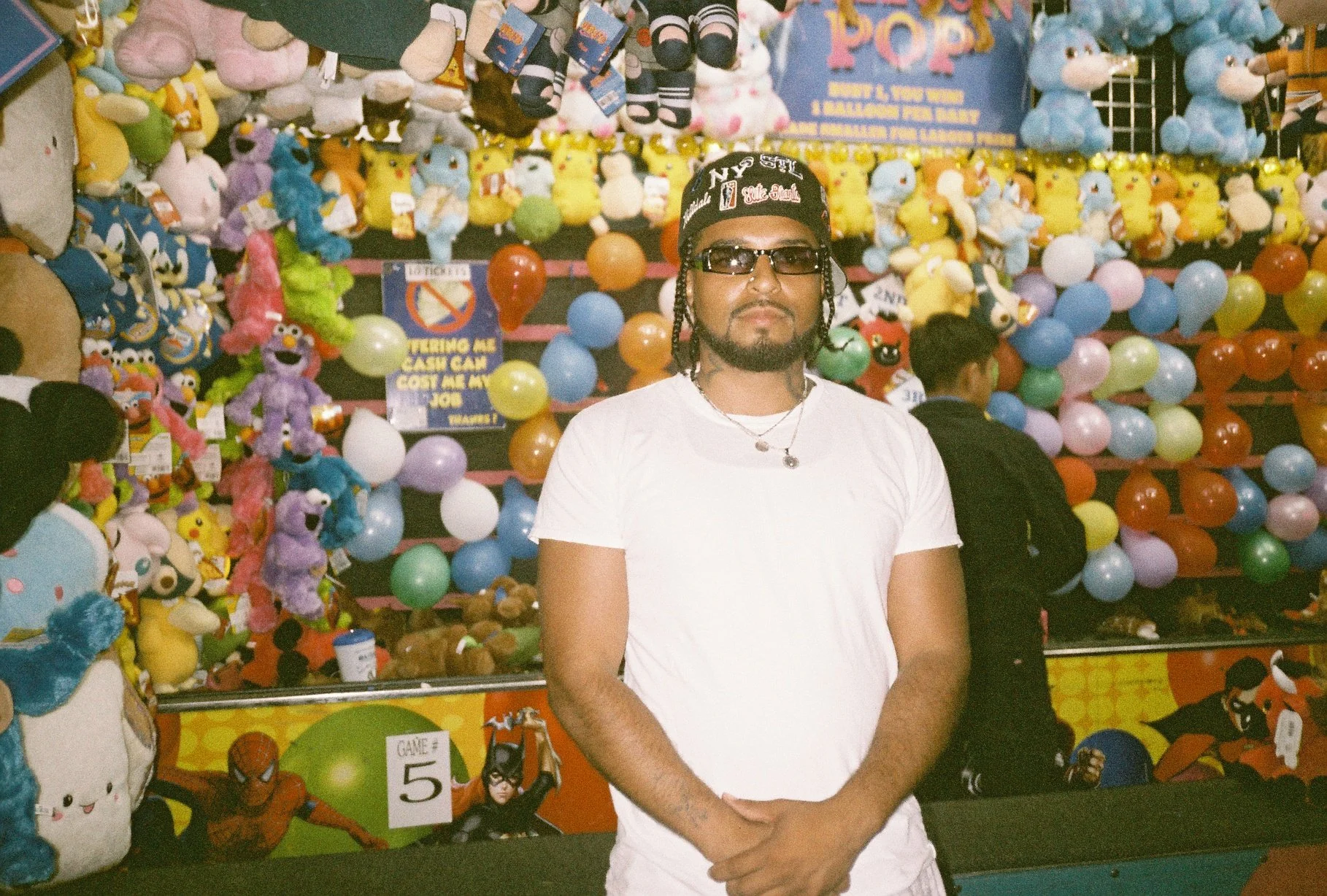Rahim Robinson’s old-school path to pro
By Matthew Becerra
Rahim Robinson still remembers learning his first tricks back in the fourth grade. Growing up in Watsonville, the board was everything. It was freedom, it was expression, and it was the one thing he never got tired of. By the time he moved to Sacramento, skating had already stamped itself on his life, but Sacramento had its own lessons waiting.
“There’s a ton of skaters but not enough sponsors. It feels like there’s not enough to go around,” Robinson said.
It didn’t stop him. At 21, Robinson landed a spot on PLA, Sacramento’s most notable shop. Soon after, Pizza Skateboards brought him into the fold giving him decks of their sister company. He explained he earned it the traditional way: piling into the van, traveling with the crew, and putting out multiple parts.
“I did four parts before I went pro,” Robinson said, “That’s how it’s supposed to be. You work for it. You don’t just get a board because you’re good or because you went viral.”
In 2023 almost eight years after getting on Pizza, his work paid off and Pizza turned him pro. For Robinson, it was validation that doing things the long way was still worth something.
At the same time, he’s aware of how different skating looks in the social media era. “There’s too much content now. You drop a part and people forget it in a week,” he said, “Back in the day, people watched parts for years. They’d study them. Now it’s gone the next day.”
That cycle doesn’t interest him, he prefers to let his skating and his perspective speak for itself. He’s just as direct about the realities of turning pro.
Part of what frustrates him about the current moment is the lack of quality control. “We need more gatekeeping in skating,” Robinson says. “There’s too much out there, and not all of it’s good. Before, you had to prove yourself, you had to be in the streets, stack clips, earn a part. Now it feels like anyone can just post something, call themselves a skater, and people will buy it. That waters everything down.”
For him, gatekeeping isn’t about shutting people out, it’s about protecting the culture he grew up with.
“Not everyone should should be worried about trying hard to be somebody and about chasing sponsors, just let it happen naturally.”
He also explained that people in the industry need to be more open about what goes on behind closed doors, and what life as a pro skater really looks like and how much it pays.
When he’s not skating, Robinson has turned his creative eye toward another passion: photography. With a half-Mexican background, he draws from Chicano culture and old-school aesthetics, focusing on lowriders and classic cars through a film camera lens. The shift came after hanging out with some friends and being introduced to photography. Now, skating and shooting photos balance his life in a way that feels both natural and true to who he is.
“I like the process,” he says. “Film slows everything down. It feels like it matters more.” His photos — black-and-white snapshots of lowriders, friends, and city streets — carry the same raw quality as his skating. There’s no rush, no quick fix, just patience and intention.
Now, whether it’s stacking clips for Pizza or framing shots through his lens, Robinson is carving out a lane on his own terms, his story proves that even in a time of nonstop content, there’s still value in taking the long road, and making sure it counts.

